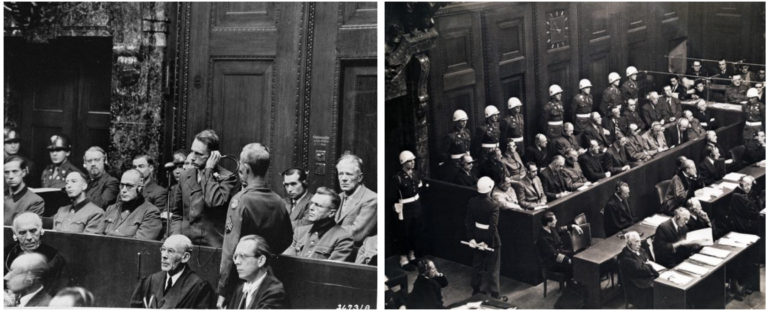5th Century B.C: Hippocratic Oath
The Hippocratic medical ethics oath is attributed to Hippocrates, and was adopted as a guide to the medical profession conduct throughout the ages and still used in the graduation ceremonies of many medical schools.
In essence, the Hippocratic Oath: “Primum non nocere” (“First do no harm” or “Above all, do no harm”).
“I will follow that system of regimen which, according to my ability and judgment, I consider for the benefit of my patients, and abstain from whatever is deleterious and mischievous. I will give no deadly medicine to any one if asked, nor suggest any such counsel; and in like manner I will not give to a woman a pessary to produce abortion. With purity and with holiness I will pass my life and practice my Art.
I will not cut persons laboring under the stone, but will leave this to be done by men who are practitioners of this work. Into whatever houses I enter, I will go into them for the benefit of the sick, and will abstain from every voluntary act of mischief and corruption; and, further from the seduction of females or males, of freemen and slaves.
Whatever, in connection with my professional practice or not, in connection with it, I see or hear, in the life of men, which ought not to be spoken of abroad, I will not divulge, as reckoning that all such should be kept secret. While I continue to keep this Oath unviolated, may it be granted to me to enjoy life and the practice of the art, respected by all men, in all times! But should I trespass and violate this Oath, may the reverse be my lot! (Classic Version, translated from the Greek by Francis Adam, 1849)
In the 4th century AD, the oath became obligatory for all physicians.

